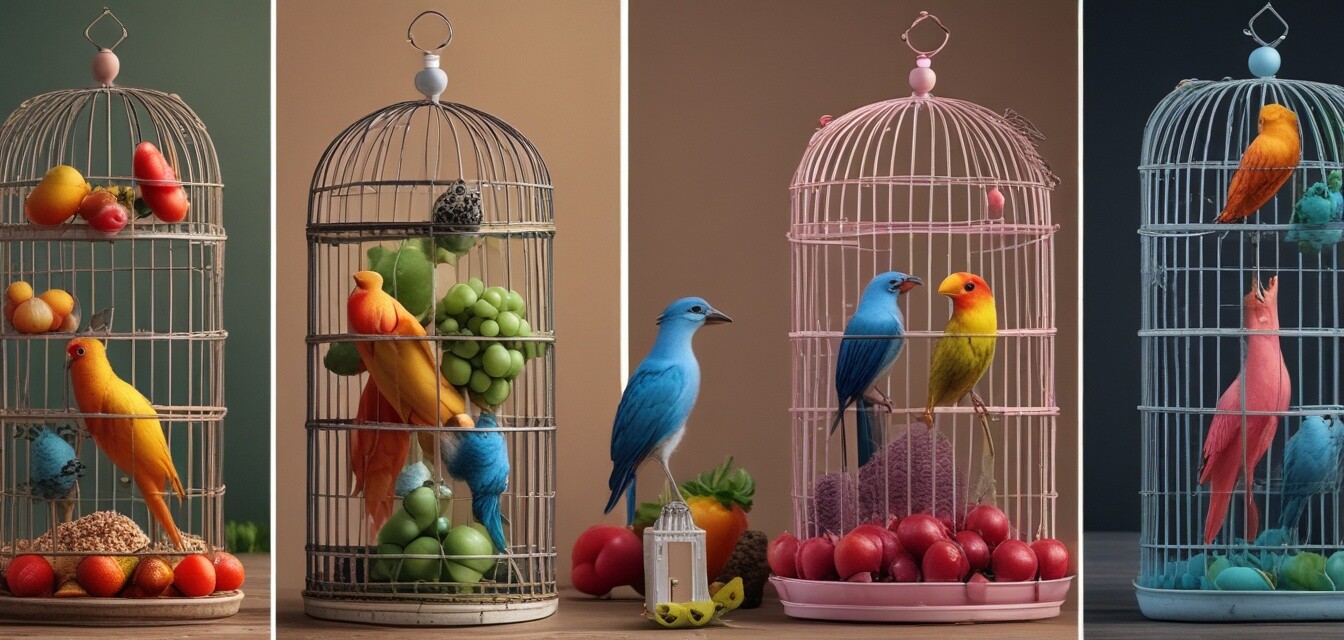
Changes in Bird Legislation and Their Impact
In recent years, the landscape of bird legislation has undergone significant changes, influencing both bird ownership and the industry. Understanding these updates not only helps current and aspiring bird owners navigate compliance but also sheds light on the direction the industry is heading. This article provides an analysis of recent changes in legislation and their far-reaching effects.
Key Takeaways
- The rise of stricter regulations to promote ethical bird ownership.
- Increased import restrictions affecting exotic bird species.
- Greater focus on habitat protection for native bird species.
- Emerging trends in bird welfare and industry practices.
- Impact on product availability and bird care resources.
The Evolving Legal Landscape
Bird ownership laws have evolved in response to growing concerns for animal welfare, conservation efforts, and public health. Below are some key areas of focus in recent legislation changes:
- Wildlife Conservation: Many countries are now implementing stricter laws regarding the capture and trade of wild birds, primarily to protect endangered species.
- Biosecurity Measures: New regulations may include heightened biosecurity measures aimed at preventing the spread of avian diseases.
- Cage Size Requirements: As part of animal welfare initiatives, there are increasing requirements for minimum cage sizes and environmental enrichment.
Impact on Ownership
Bird ownership is being reshaped by these laws. Here’s a look at how recent legislation impacts bird owners:
| Aspect | Impact |
|---|---|
| Availability of Exotic Species | Import restrictions have limited the availability of certain exotic birds. |
| Compliance Costs | New laws may require owners to invest in larger cages and better health care solutions. |
| Education Requirements | Increased focus on training and education for bird owners regarding proper care. |
Industry Response and Innovations
As the industry adapts to these legislative changes, there are emerging trends and innovations. Some notable responses include:
- Product Development: Manufacturers are creating new products that align with the need for larger cages and better enrichment options.
- Educational Programs: Increased availability of workshops and resources for bird owners to ensure compliance with regulations.
- Community Engagement: Groups advocating for bird welfare are pushing for more sustainable practices within the industry.
Future Trends in Bird Legislation
Looking ahead, bird owners and industry stakeholders should consider the following potential trends:
| Trend | Description |
|---|---|
| Increased Restrictions | More regulations on breeding and selling exotic birds may be implemented. |
| Focus on Native Species | Legislation may shift to prioritize the protection of native bird habitats. |
| Ethical Practices | A push towards more sustainable and humane practices in bird care and ownership. |
What Bird Owners Should Know
The changes in legislation have important implications for current and prospective bird owners. Here are some essential points to keep in mind:
Beginners Section
- Stay updated with local laws regarding bird ownership.
- Consider adopting birds from shelters as an alternative to buying.
- Invest in educational resources to ensure you are compliant with the latest regulations.
- Join bird enthusiast groups or forums to remain informed about changes and best practices.
Pros
- Enhanced awareness of bird welfare and care practices.
- Support for sustainable wildlife conservation efforts.
- Access to high-quality products designed for compliance.
Cons
- Increased costs for bird owners to comply with new regulations.
- Limited access to certain exotic bird species.
- Potential confusion over shifting laws and regulations.
Conclusion
Understanding the changes in bird legislation is crucial for any bird owner today. The implications of these laws extend beyond legal compliance; they touch upon ethical considerations and the well-being of our feathered friends. By staying informed and adapting to new regulations, bird owners can ensure they are providing the best possible care while contributing positively to the industry as a whole.
For more insights and updates on bird care, check out our related articles on buying guides for cage birds and health and care tips for your cage birds.